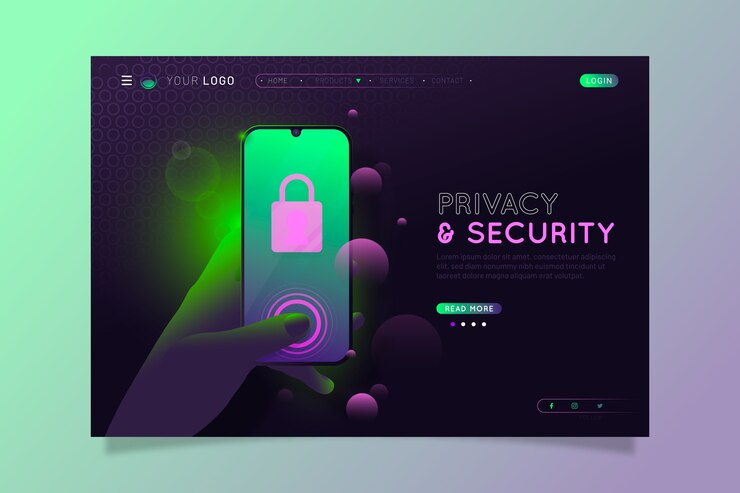Introduction
Shopping and paying bills online is super easy. But online payment security is important! Hackers are always looking for ways to steal your money. This guide will teach you how to secure your online transactions and protect yourself and your money when you buy things.

Why Online Payment Security Matters
Data breaches: Even big companies can get hacked. This means your information could be stolen. Therefore, It’s always recommended that you plan ahead for payment fraud prevention.
Phishing scams: This is the most common type of online payment fraud. These are fake emails, also, websites that try to trick you. Besides, they want you to give them your passwords or credit card numbers.
Unsecured websites: Always look for a little padlock icon in your web browser. It means the website is safe for online transactions.
Malware: This is bad software that can get into your computer and steal your info. So, keep your antivirus software turned on for online security!
Best Ways Online Payment Security
PCI Compliance: Only shop at stores that follow online security rules called PCI DSS.
Strong passwords: Make a different password for each website you use. Use a mix of letters, numbers, and also symbols.
Two-factor authentication (2FA): This means you need your password and a special code to log in. It makes it much harder for hackers. Moreover, it makes all your online transactions secure and smooth!
Secure payment gateways: Use trusted companies like PayPal or your bank’s secure website for online payment security.
Check your accounts: Look at your bank and credit card statements often. Report anything weird to your bank right away to prevent online fraud, in case.

Tips for Online Shoppers
Shop smart: Stick to websites you know. If you find a new one, do some research to make sure it’s safe to use, because online security comes before everything.
Be careful on public Wi-Fi: For ultimate online transaction security, it’s better not to do banking or shopping on public Wi-Fi. If you have to, use a VPN.
Use credit cards: Credit cards usually have better online security if someone steals your information.
Keep your software updated: Updates fix problems that hackers can use to get into your computer, thus preventing you from major online frauds.
Extra Protection
Fraud alerts: Many banks have tools that watch for strange activity on your account.
Virtual credit cards: Some banks let you make a temporary card number for extra online security.
Don’t fall for scams: Never click on links in emails you don’t recognize. They may be fraudulent. Don’t give out your information unless you’re absolutely sure who you’re talking to.

Conclusion
In conclusion, pay attention to the aforementioned points, and you will be ensuring your online payment security like anything! Remember, you need to keep your information as secure as possible when running everyday activities like shopping and paying bills online.
It could appear that you have a lot on your shoulders, but if you practice them a little bit, these secure habits will become second nature. It is just effort well trickled down to put back your hard-earned money into a safe position and at the same time give you peace of mind.
Though technology keeps emerging and cybercriminals are becoming more sophisticated, cheering oneself up and investing in a credible antivirus is still the best strategy for combatting malware and ensuring online payment security. It’s becoming more important to keep track of new security threats and best practices. It will enhance the existing online security level of the organization.
A good option is to look out at your bank or credit card service – normally they have some safety information and provide guides available on their websites. Wisdom would be smart, safety would be a priority, and the amazing experience of secure online shopping would be done with assurance!
